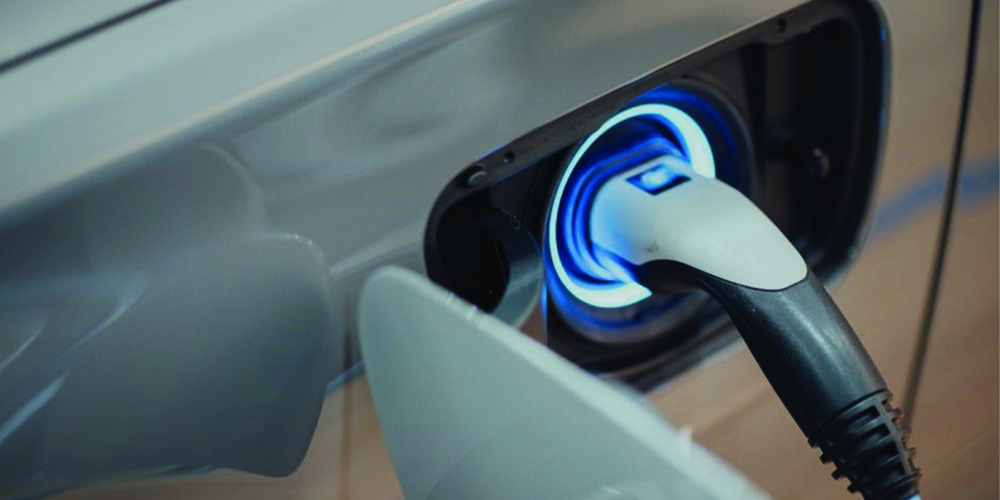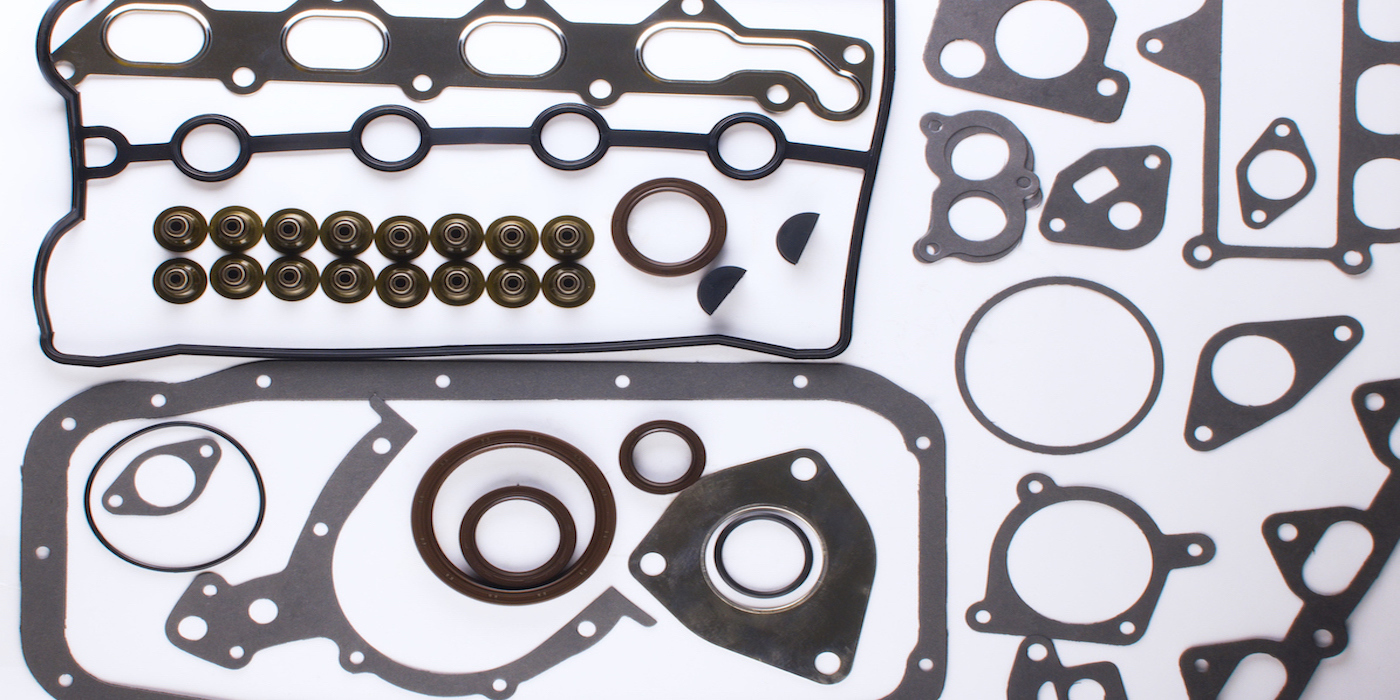Summer is back and so are higher gasoline prices. Though the price of gasoline dipped as low as $2.00 a gallon in many areas of the U.S. over the winter, the price shot back up in late spring to more than $3.25 in many parts of the country. Where the prices will peak is anybody’s guess.
Nobody who drives to work likes to see higher fuel prices because it means shelling out more at the pump and having less money left over to spend on everything else. But we’re all over the same barrel when it comes to paying higher fuel prices because we are almost totally dependent on our motor vehicles for transportation. Except for urban areas on the East Coast, Chicago and a handful of other big cities, mass transit is not an option outside the city center. Suburban sprawl means we have to drive to work, to school, to the doctor’s office, to do our shopping, to go to church, to eat out, to go to a movie, to attend a sporting event, to do almost anything that requires leaving our homes.
Americans drive more miles per year than anybody else, and are more dependent on their motor vehicles for daily transportation than most of the other nations in the world combined! Consequently, we yell the loudest when the price of gas goes up.
But considering what drivers in many other countries pay, gas here isn’t that bad — yet. In Europe, where gasoline is heavily taxed (along with everything else), the price of gas is upwards of $5.25 to $5.75 per gallon. In Japan, the price is about $4.00, and in South Korea, it is about $4.75 a gallon. In Australia, the price is about the same as here. But in China, the price is only about $1.50 a gallon (except in crowded Hong Kong where the price is close to $6.00 a gallon!). The best prices are to be found in countries that are big oil producers like Saudi Arabia and Kuwait (less than $1.00 per gallon), Nigeria (less than 40 cents a gallon) and Venezuela (only 14 cents a gallon!).
With gas prices so high and on the rise, what will the impact be on your business? Your livelihood depends on motorists spending money on maintenance and repairs. If motorists are forced to pay more at the pump, will they cut back on maintenance and repairs? Maybe. People only have so much disposable income to spend, so if they have to pay more for gas at the pump, they have less left over to spend on everything else. Consequently, when their budgets are being squeezed by high fuel prices, they tend to postpone other expenditures like auto maintenance and repairs.
Even so, maintenance and repairs cannot be postponed indefinitely. Little problems have a way of turning into big, expensive problems fairly quickly if needed maintenance or repairs are not performed. Many motorists have learned this the hard way by neglecting regular oil and filter changes, coolant changes and other scheduled maintenance. Putting off brake repairs or not replacing a worn tie rod end, ball joint or wheel bearing can have serious consequences if a part fails and causes an accident.
There’s also the check engine light. Though many motorists ignore this warning, they can’t ignore it forever if they live in an area that requires periodic emission tests. If the check engine light is on, the vehicle has an emissions fault and won’t pass the test. The motorist won’t receive his/her registration renewal until the problem is diagnosed and repaired. So with the check engine light, at least, there is a legal incentive to get the vehicle fixed.
For many people, though, there isn’t much incentive to have maintenance and repairs performed because it costs them money. Yet it can also save them money in both the short run and long run by helping their vehicle last longer and run better. Preventive maintenance such as regular oil and filter changes, replacing the spark plugs, flushing and changing the coolant, changing the transmission fluid, etc., all reduce the risk of breakdowns and the need for major repairs. It also helps maintain the resale value of the vehicle, and it helps the vehicle achieve the maximum fuel economy it is capable of delivering.
Fuel economy can be maximized by installing a new set of spark plugs, a new air filter and filling the crankcase with a fuel-saving 5W-20 or 5W-30 motor oil (synthetic oil is even better).
Checking tire pressure regularly is especially important, because rolling resistance has a big impact on fuel economy. Underinflated tires can reduce fuel economy up to 3% or more, and can waste up to several hundred dollars worth of fuel depending on the number of miles driven in a year.
And if a vehicle has a problem like a bad oxygen sensor, bad coolant sensor, dirty fuel injectors, a vacuum leak, a plugged converter, a slipping clutch or automatic transmission, or a brake that’s dragging, it can absolutely kill fuel economy.
Motorists need to be educated as to the money and fuel-saving benefits of auto maintenance and repair. The Car Care Council (www.carcare.org) has an excellent 56-page Car Care Guide that can be purchased in bulk for 40 cents or less apiece. You can use the Car Care Guide to educate your customers about the benefits of preventive maintenance, and to sell needed parts and services. Marketing tools such as this can help you and your customers fight today’s high fuel prices.













